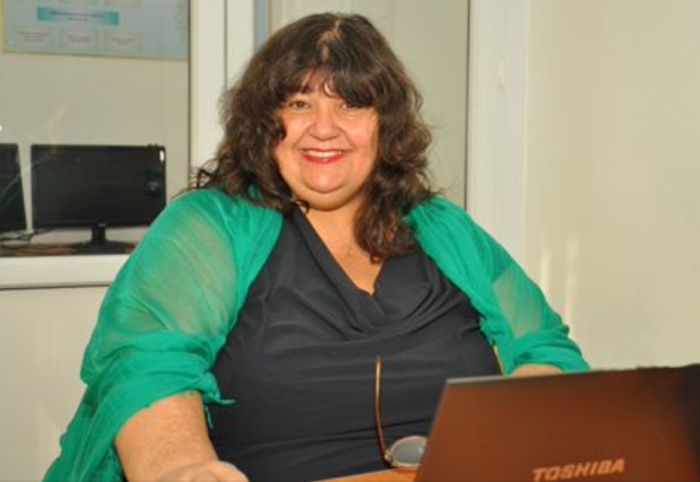On March 1 Kazakhstan celebrated Gratitude Day, which is a major day in the history of many peoples living in the country.

March marks the end of winter and the time to cast out the spirits of evil and death. The beginning of spring is a time to celebrate life, birth and joy.
For Kazakh people, March 1 is an amazing, beautiful, unique holiday. It is especially important during a time when kindness, compassion and engagement are more necessary than ever..
It is no coincidence that the Kazakh people have such a holiday. Kazakh people are kind, ready to help and cooperate. Thanks to the people of Kazakhstan, many peoples, exiled by the Stalinist regime to the steppe, have survived.
A Chechen singer, Maya Ibragimova, used to sing the wonderful song “Kazakhstan, you warmed us with your kindness. Is it possible to forget how the Kazakh snowy steppes sheltered the Vainakhs in a harsh winter?” The song is about Kazakh people who shared their food with those in exile.
The people of Kazakhstan have kept this kind attitude towards other nations to this day. Kazakhstan is one of those countries where I have never felt like a foreigner. The hospitality of local people, respect for others, a gentle and patient character is reflected in all their actions – how they welcome guests and how they see them off.
People display kindness not only at the personal level. It is reflected at the international level as Kazakhstan has received recognition for initiating the renunciation of nuclear weapons. Nuclear weapons for many years have threatened and continue to threaten the existence of mankind.
The Zhusan mission is also a good example of Kazakhstan’s peacemaking activities. In the period of 2016 to 2018, 27 families who left to fight in the ranks of the Islamic state were returned to the country. The number of those wishing to return has increased after the military defeats of the Islamic state in 2018. The mass repatriation mission received the name Zhusan, which means “Bitter wormwood.”
In Kazakh folklore, this plant is a symbol of nostalgia and homesickness. The mission was carried out in three stages. The first stage, initiated by First President Nursultan Nazarbayev, took place in January 2019 after five months of preliminary preparation.
As a result, 47 citizens were repatriated (30 children, six women and 11 men). The adults were from the Akmola, Almaty, Atyrau, Western Kazakhstan, Karaganda and Mangistau regions.
The second stage of the mission was named Zhusan-2. The evacuees included 156 children, 59 women and 16 men. Among them 107 children under the age of seven, 43 between seven and 12, and six of them above 12. Eighteen children are orphans, whose parents are unknown, and some were seriously injured.
Kazakhstan will evacuate 171 children and 67 women from Syria from May 28 to 31 as part of the third stage of a humanitarian special mission. As a result of these operations, 357 children were returned from war zones.
On Nov. 29, 2019, the Rusafa Operation took place. As a result, 14 children were returned. Their fathers, involved in terrorist activities, died in the conflict zone, and their mothers received life sentences in various Iraqi prisons. The youngest child is one and a half years old, the oldest is 13.
Kazakhstan is one of the very few countries that decided to take such a step. Some may argue that these measures threaten national security. But in any case, this is about humanism and kindness, and I would like to believe that it will warm the souls of those who once broke the law, but then realized their mistake and returned to their homeland.
The author is Tatyana Dronzina, an expert on terrorism, conflict and hybrid wars, Doctor of Political Sciences, Professor at the the Department of Political Science, Sofia University, Bulgaria.

